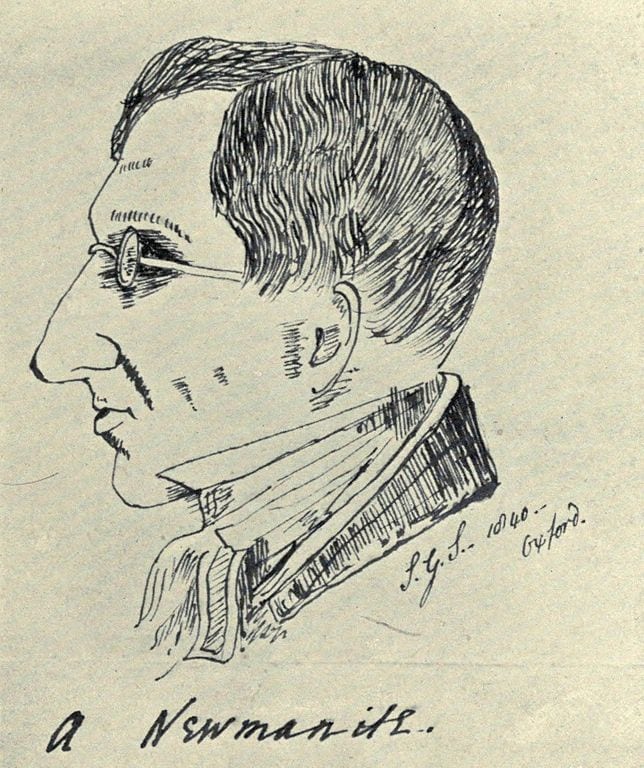Illuminator
Well-Known Member
Let's go to the beginning of the discussion on infallibility. Marks said:Ah,BoL, there you are.And you missed the fact I asked a question. While you answer as if it was a statement made instead.
CATECHISM OF THE CATHOLIC CHURCHCatechism of the Catholic Church - Paragraph # 891
www.scborromeo.org
SECOND EDITION
891 "The Roman Pontiff, head of the college of bishops, enjoys this infallibility in virtue of his office, when, as supreme pastor and teacher of all the faithful - who confirms his brethren in the faith he proclaims by a definitive act a doctrine pertaining to faith or morals. . . . The infallibility promised to the Church is also present in the body of bishops when, together with Peter's successor, they exercise the supreme Magisterium," above all in an Ecumenical Council. When the Church through its supreme Magisterium proposes a doctrine "for belief as being divinely revealed," and as the teaching of Christ, the definitions "must be adhered to with the obedience of faith." This infallibility extends as far as the deposit of divine Revelation itself.
Marks, whether he admits it or not, is indirectly claiming infallibility in his private conclusions, regardless of 2000 years of developed consistent teachings. "Some men" is a dig on the Magisterium, who cannot formally teach apart from what has been divinely revealed.For myself I've concluded that I should believe the plain sayings of the Bible regardless of what some men teach.

A Brief Introduction To The Development Of Doctrine
There was one apostolic deposit, from Jesus Christ, which undergoes no essential change. There is growth in clarity & increased understanding of this deposit (development).


